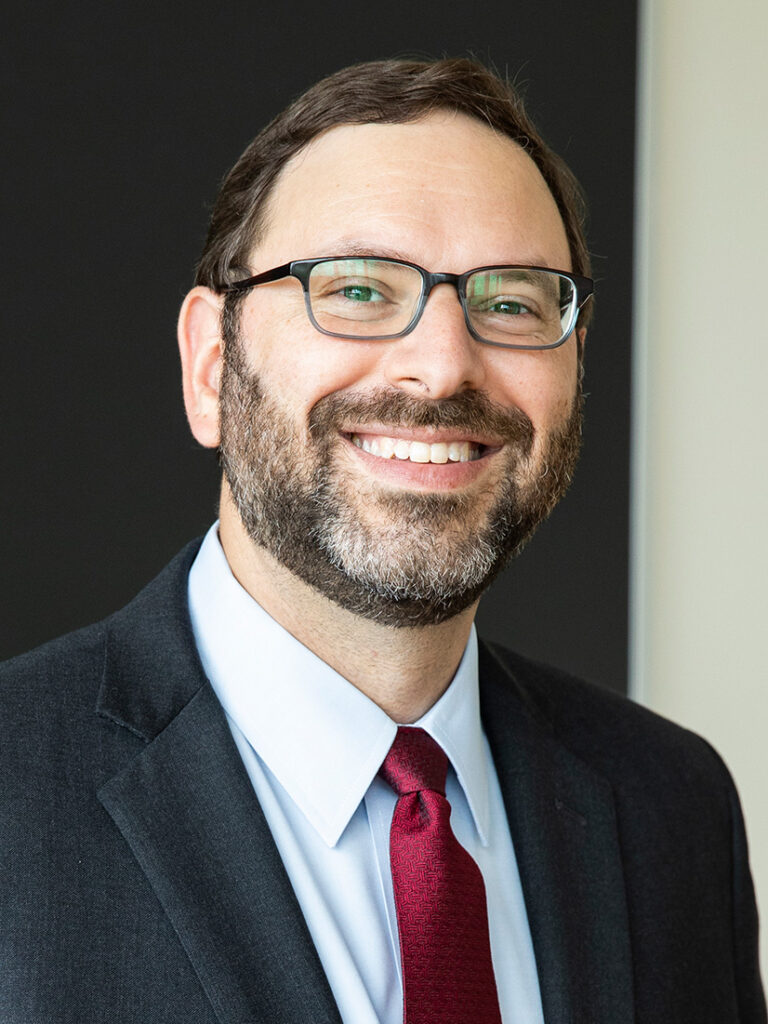“Students Favor Bush in IOP Poll”: The Harvard Crimson carried an astounding story in Thursday’s edition:
College students are more likely to register as Republicans and support President Bush than the general public, according to a survey released yesterday by Harvard’s Institute of Politics (IOP).
The nationwide poll of 1,202 undergraduates revealed that 61 percent approve of Bush’s performance as president, compared to 53 percent of all voters.
College students, 81 percent of whom say they will definitely or probably vote in the 2004 elections, could tip the scales in next year’s presidential race, the survey results indicated.
Unfortunately, The Crimson lets the data be submerged beneath tepid analysis:
“It sends the message that youth are up for grabs in 2004,” said Jonathan S. Chavez ’05, who directed the survey for the IOP’s Student Advisory Committee (SAC).
I’m sorry, but this poll says a lot more than that: it sends the message that the Democratic Party is in real trouble. Most people I knew in college subscribed to 1960s-era stereotypes, in which idealistic young people, unbeholden to the system, take up the progressive flag against their reactionary elders. (“Don’t trust anyone over 30,” etc.)
I subscribed to the stereotype too, at least to some extent, and I was very surprised that the Democratic Party had failed to make use of what could be a powerful base of support. But what I didn’t realize was that the liberal-activist tradition on campus has veered sharply to the left, leaving a large chunk of students in the middle. The kind of social revolution the activist wing calls for isn’t one that most students want to see. And in any case, today’s Democratic Party isn’t a party of revolution. In many ways, it’s become a status quo party, dedicated to preserving the gains of the Great Society against the evil Republicans who want grandma thrown in the street. In contrast, the right spent 40 years trying to come up with an intellectual alternative to the New Deal, and since the 1970s has been advancing an ideological program that, regardless of its merits, has seemed far more attractive to many Americans than the continual expansion of the welfare state. The aftermath of 9/11 has only intensified the problem–the GOP’s approach to national security may be flawed, but the Democrats simply haven’t offered a clear alternative, and the proposals of the loudest voices on the left don’t inspire much trust.
In the same way, liberalism on campus is no longer the cutting edge. College faculties and administrations are now more liberal than society as a whole, and those who want to speak truth to power are generally on the other side of the political divide. When the Establishment is comfortably liberal, where are energetic young iconoclasts to go?
I say this, of course, as someone who doesn’t celebrate these results; to be honest, I’m really hoping for an ideologically coherent alternative to the party of Tom DeLay. But if the Dems don’t recognize this rejection of old stereotypes–like Schwarzenegger’s election in California (the bluest of all blue states!)–as a shock to the system and a signal for reform, then the re-thinking that’s needed won’t ever take place. When more college students plan to vote for Bush than for a generic “Democratic candidate,” something’s gone very wrong for the Democrats.
That’s why it’s so dangerous for the poll story to be downplayed by Democrats like former Agriculture Secretary (and IOP Director) Dan Glickman, who responded by calling college students “an untapped reservoir for politicians and political parties to mine.” (The Christian Science Monitor flubs the story as well, opening with a bizarre non-lede: “Intriguing evidence indicates today’s college students may be a potent political force in next year’s election and beyond.”) The problem isn’t that political parties have failed to tap the reservoir; the problem is that the Democratic Party is finding it dry. Indeed, it’s hard to overestimate the significance of this poll–if the Democratic Party is losing college students, who can it win? And of the 61 percent who approve of Bush now, how many will grow any more liberal as they get older?
(One final note: the poll also showed that among college students, the Democratic frontrunner is Joe Lieberman, who’s been far more willing than other candidates to buck traditional liberal constituencies. Lieberman is also nearly alone among Democratic candidates in articulating a foreign policy vision that’s both firmly rooted in liberal ideals and a realistic counterweight to Bush’s approach. Maybe ideological coherence is making a comeback? We can only hope.)
